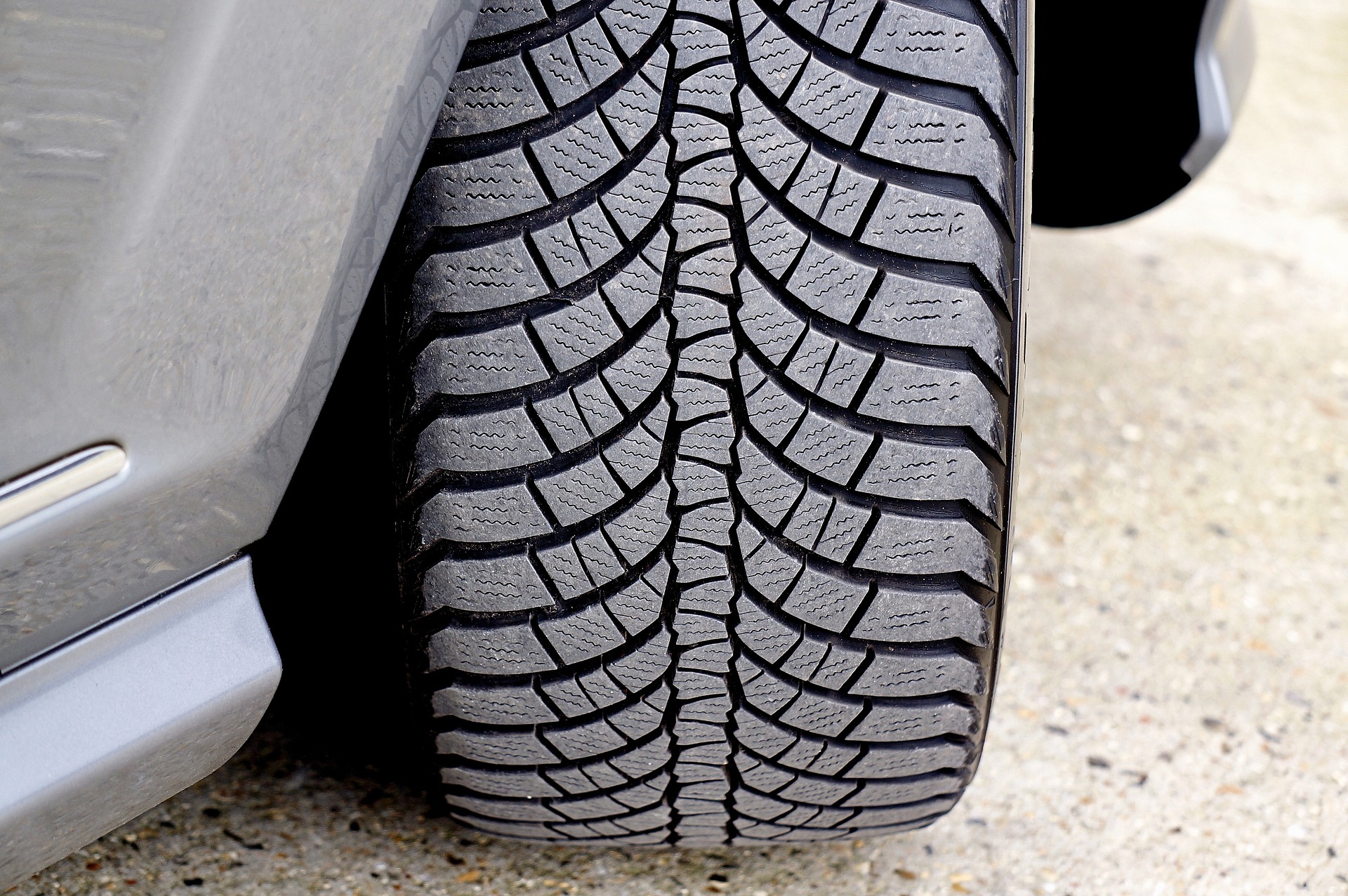Truck Tires: A Comprehensive Guide for Vehicle Owners
Truck tires are essential components of any commercial or personal vehicle, providing the crucial interface between the road and your truck. Whether you're a fleet manager, an independent trucker, or simply own a pickup for personal use, understanding truck tires is vital for safety, performance, and cost-effectiveness. This article will delve into the world of truck tires, offering insights on selection, maintenance, and purchasing options.
What are the different types of truck tires available?
Truck tires come in various types, each designed for specific applications and driving conditions. The main categories include:
-
All-season tires: Versatile options suitable for year-round use in moderate climates.
-
Winter tires: Specifically designed for cold weather and snowy conditions.
-
All-terrain tires: Ideal for both on-road and off-road driving.
-
Mud-terrain tires: Engineered for extreme off-road conditions.
-
Highway tires: Optimized for long-distance driving on paved roads.
-
Trailer tires: Designed specifically for use on truck trailers.
Each type offers different tread patterns, compounds, and construction to meet the unique demands of various driving scenarios.
How do I choose the right truck tires for my vehicle?
Selecting the appropriate truck tires involves considering several factors:
-
Vehicle specifications: Consult your truck’s manual for recommended tire size and load capacity.
-
Driving conditions: Consider the terrain and weather conditions you typically encounter.
-
Load requirements: Ensure the tires can handle the weight of your truck and cargo.
-
Fuel efficiency: Look for tires with low rolling resistance for better fuel economy.
-
Tread life: Consider the expected lifespan of the tires based on your annual mileage.
-
Noise level: Some tires are designed to reduce road noise for a quieter ride.
By carefully evaluating these factors, you can choose tires that best suit your specific needs and driving habits.
What are the key maintenance practices for truck tires?
Proper maintenance is crucial for extending the life of your truck tires and ensuring optimal performance. Key practices include:
-
Regular pressure checks: Maintain the recommended tire pressure for improved fuel efficiency and even wear.
-
Rotation: Rotate your tires regularly to promote even wear across all positions.
-
Alignment: Ensure proper wheel alignment to prevent uneven tire wear.
-
Tread depth monitoring: Check tread depth regularly and replace tires when they reach the minimum safe depth.
-
Visual inspections: Look for signs of damage, such as cuts, bulges, or embedded objects.
-
Balancing: Have your tires balanced to minimize vibration and ensure a smooth ride.
Adhering to these maintenance practices can significantly extend the life of your truck tires and improve overall vehicle performance.
Where can I find reliable truck tires wholesale distributors?
For fleet managers and commercial truck operators, finding reliable wholesale distributors is essential for cost-effective tire management. In the United Kingdom, several reputable truck tires wholesale distributors operate nationwide. These include:
-
National Tyres and Autocare: A leading tire retailer with a wide network of branches across the UK.
-
ATS Euromaster: Offers a comprehensive range of truck tires and services for commercial vehicles.
-
Michelin Truck: Provides direct distribution of Michelin truck tires to fleet operators.
-
Goodyear Tyres UK: Offers a range of truck tires through their authorized dealer network.
When choosing a wholesale distributor, consider factors such as product range, pricing, delivery options, and after-sales support to ensure you get the best value for your investment.
How can I find the right tires for my car or truck?
Finding the right tires for your vehicle involves a few simple steps:
-
Identify your tire size: Check your vehicle’s manual or the sidewall of your current tires for the correct size.
-
Determine your driving needs: Consider your typical driving conditions and preferences.
-
Research tire options: Use online tire finders or consult with local tire specialists to explore suitable options.
-
Compare prices and reviews: Look for customer feedback and compare prices across different retailers.
-
Check for special offers: Many tire retailers offer seasonal promotions or package deals.
-
Consider professional advice: If unsure, consult with a professional tire technician for personalized recommendations.
By following these steps, you can ensure you select tires that are well-suited to your vehicle and driving requirements.
What factors influence truck tire prices and where can I find the best deals?
Truck tire prices can vary significantly based on several factors:
-
Brand reputation
-
Tire size and type
-
Performance characteristics
-
Tread life expectancy
-
Seasonal demand
-
Raw material costs
To find the best deals on truck tires, consider the following options:
-
Online retailers: Websites like Blackcircles.com and Mytyres.co.uk often offer competitive prices.
-
Local tire shops: Independent retailers may provide personalized service and competitive pricing.
-
Wholesale clubs: Membership-based stores like Costco sometimes offer discounted tire packages.
-
Manufacturer promotions: Keep an eye out for seasonal rebates or promotions from major tire brands.
| Retailer | Price Range (Per Tire) | Key Features |
|---|---|---|
| Blackcircles.com | £80 - £300 | Wide selection, online booking |
| ATS Euromaster | £100 - £350 | Nationwide coverage, mobile fitting |
| National Tyres | £90 - £320 | Frequent promotions, loyalty program |
| Kwik Fit | £85 - £310 | Extensive network, price match guarantee |
Prices, rates, or cost estimates mentioned in this article are based on the latest available information but may change over time. Independent research is advised before making financial decisions.
In conclusion, understanding truck tires is crucial for vehicle owners and fleet managers alike. By considering factors such as tire types, maintenance practices, and purchasing options, you can make informed decisions that enhance vehicle performance, safety, and cost-efficiency. Remember to regularly assess your tire needs and consult with professionals when necessary to ensure you’re always equipped with the right tires for your truck.





